The High Holidays are a time dedicated to repentance and reflection. We’ve asked some Chabad leaders to share with us some of the regrets they feel as communal leaders, and what resolutions within the scope of their leadership responsibilities they’d like to make in the coming year.
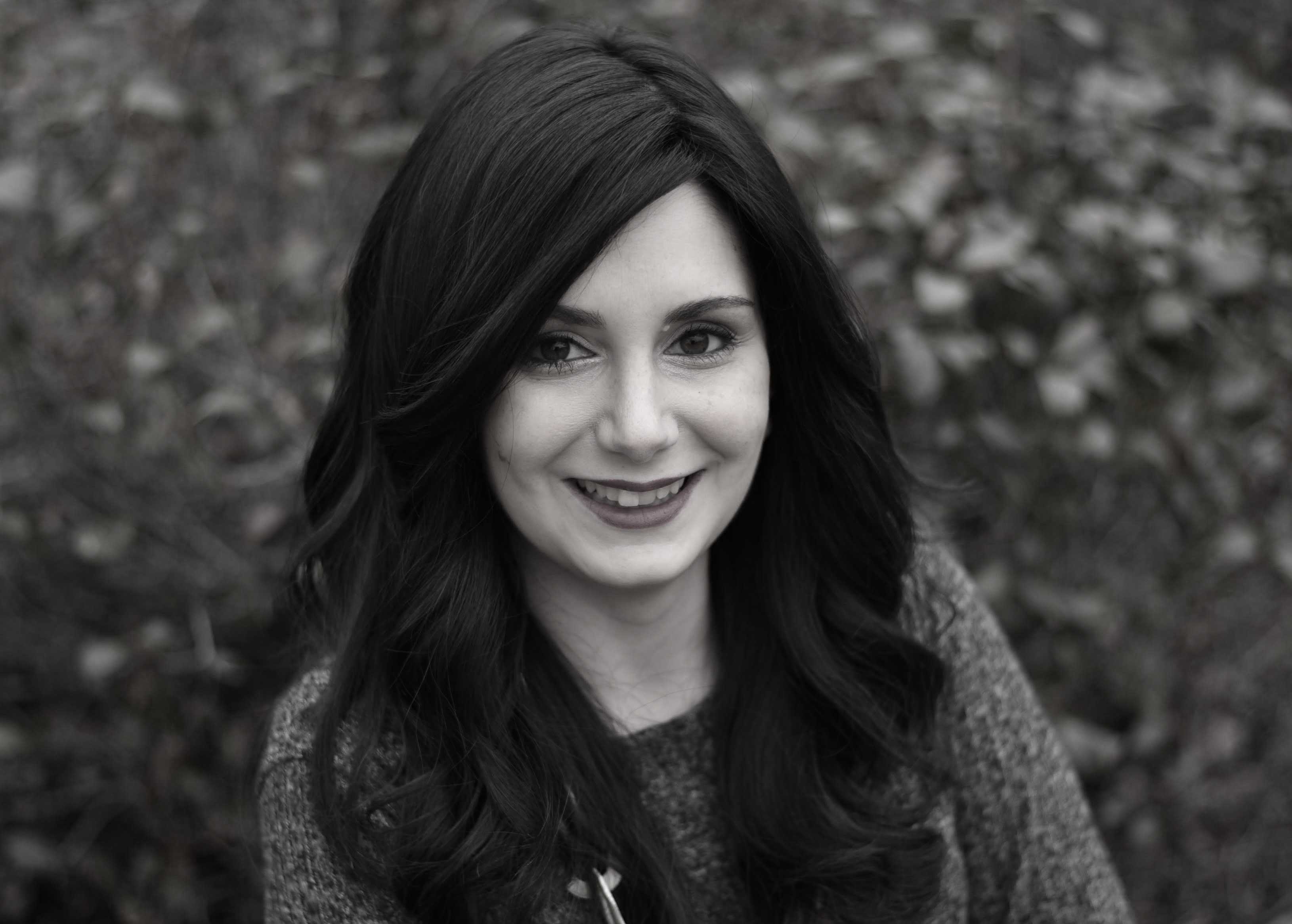
Mrs. Shifra Sharfstein – Rohr Chabad House at Georgia Tech and Georgia State – Atlanta, Georgia
Every individual has a story. As campus representatives, we have the good fortune to host hundreds of students for Friday night and holiday dinners, daily Torah classes, and weekly barbeques. The door opens, and new faces arrive to learn, to eat, to chat. Many have fascinating insights to share.
I know, because every time I’ve truly stopped to listen and connect, I’ve found something beautiful.
But sometimes, I’ll get carried away with the crowd or distracted by one person while talking to another. I’ll look at my phone rather than at a visitor or at my child or spouse… And I don’t get to hear the story, or learn something new, or make that personal connection. The moment is lost.
I am reminded of what Rabbi Yosef Yitzchak, the sixth Chabad Rebbe, said: “We cannot make our days longer, nor can we add additional hours to our nights. But if we regard every segment of time as a world of its own, we’ve made the most of it.”
This year, I’d like to look into the eyes of every one of the dear people around me and make every precious moment shine.
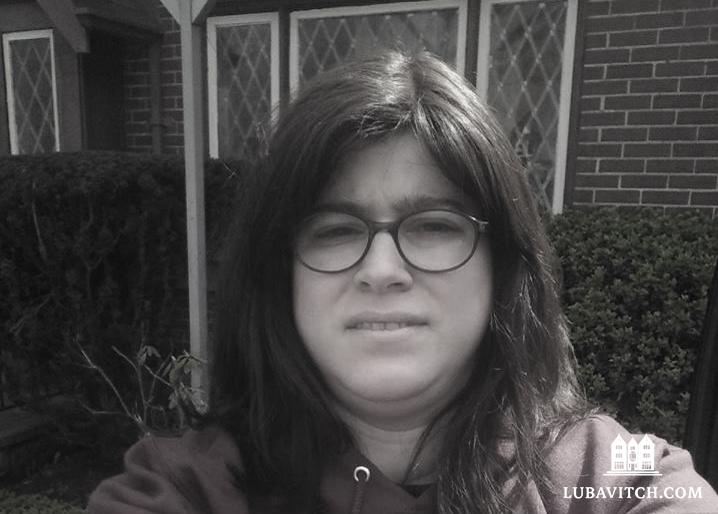
Mrs. Shaina Rosenfeld – Chabad Lubavitch of Hamilton, Ontario, Canada
People often talk about “living life without regrets.” But we do reflect, we self-evaluate, we take stock. Whatever phrase we use to define the practice, it often elicits a list of just-misses, failures, aborted attempts, and disappointment over what could have been. I do not want to get stuck in the quagmire of regrets and remorse. Ultimately, that kind of focus simply breeds despair.
But what if regret was simply a pathway? What if I used the focus on where I went wrong so that I could move forward?
When looking back at the past twelve months, there will always be moments that were not optimized or actions and words that I’d prefer to take back—curt words when a bit of compassion would have softened the message, humor taken the wrong way, opportunities for kindness and encouragement that went untaken. I regret. And I now know where my interactions need improvement.
The new year, 5782, will have its own challenges, I know. But I am looking up ahead, staying firmly planted and present in what is happening now. Now, new goals are possible.
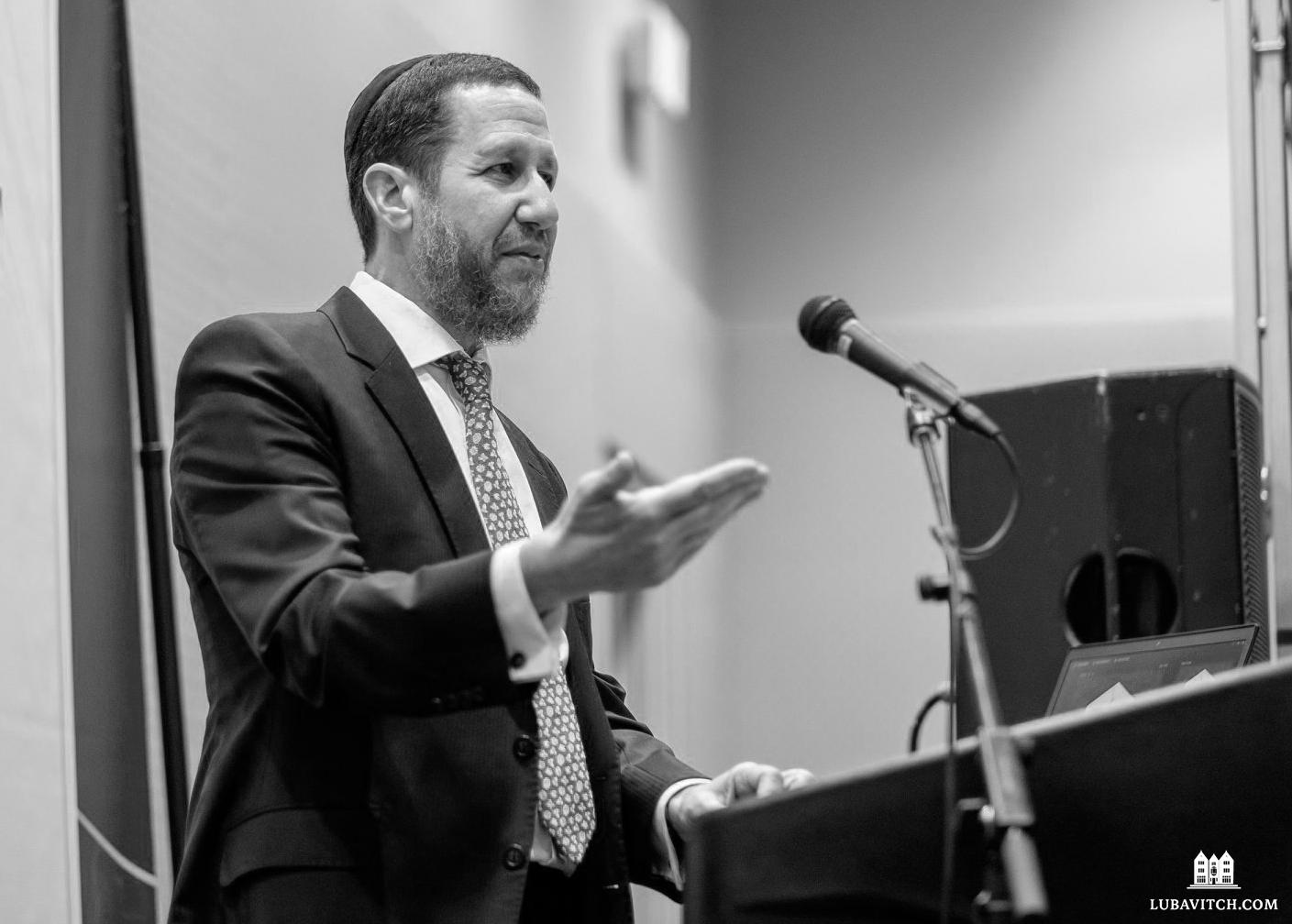
Rabbi Yitzchak Schochet – Mill Hill Synagogue – London, United Kingdom
The hardest task facing any communal leader is prioritising. It is a multifaceted role which incorporates so many elements of communal life. Some kind of pecking order must be established to help prioritize tasks. But there are some responsibilities which necessitate an immediate “drop everything” response.
Sam was a long-standing member of the community. An eminent doctor, he’d been there for my family over the past twenty-six years, and now he’d taken ill. I’d made a point of visiting him as often as I could. One morning, I heard that Sam had taken a turn for the worse. I had seen him the week before, and as the family hadn’t called me to express any urgency, I thought it safe to follow up with a phone call later that evening.
But I never did end up calling them. They called me first. Sam was gone.
The Rebbe famously spoke about Jacob’s son Reuben being so preoccupied with his own penitence that he left his brother Joseph languishing in a pit. By the time Reuben completed his penitence and went to save his brother, Joseph had already been sold as a slave.
The day Sam died, I set the wrong priorities. I missed my chance to say goodbye and thank him one last time for everything that he did for my family. But I learned my lesson: however heavy my workload, however vague the communication—if I hear that someone else is in dire need, then that person must always become priority number one going forward.
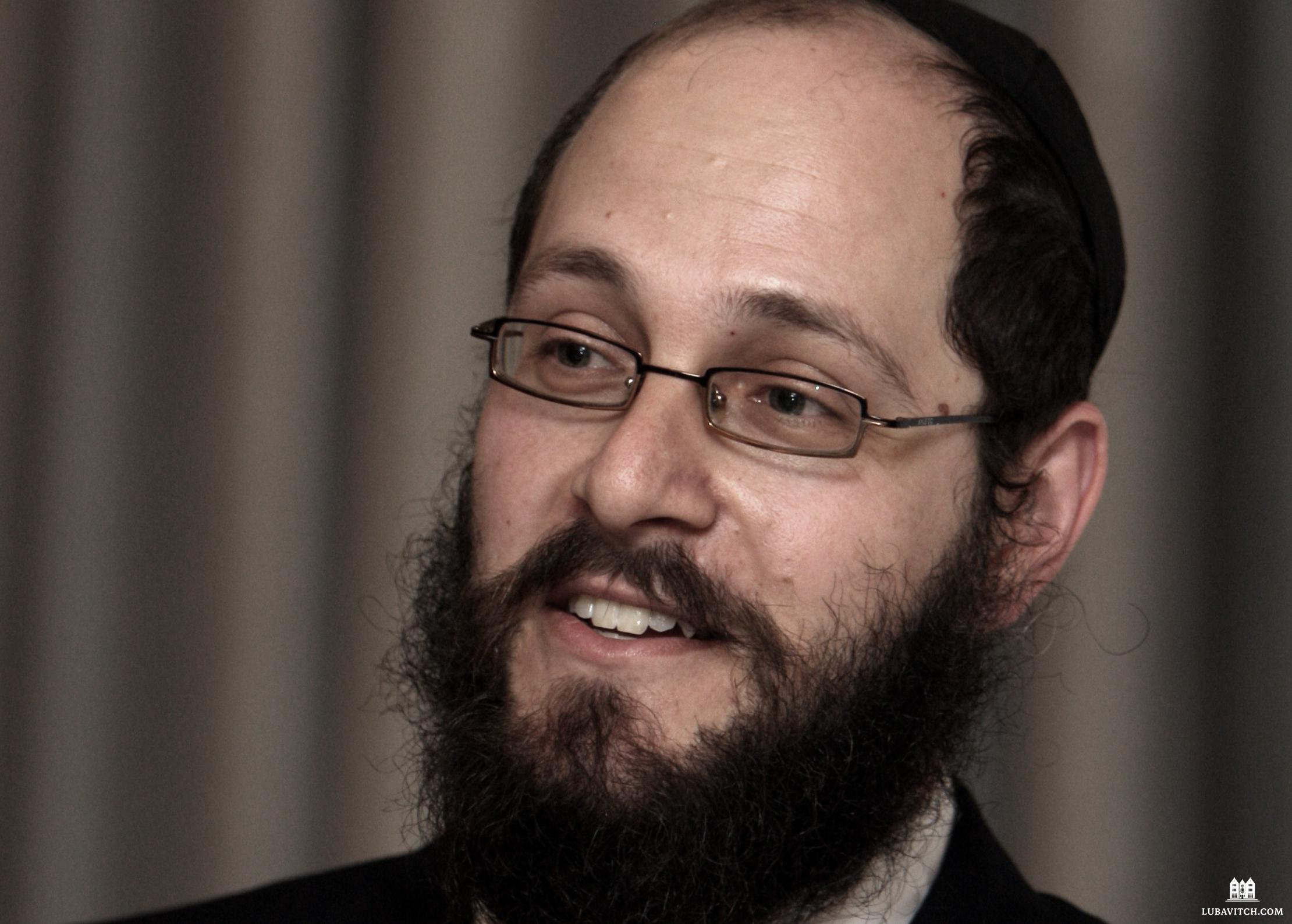
Rabbi Ari Shishler – Chabad of Strathavon – Sandton, Johannesburg, South Africa
We rabbis are unusually prone to regrets. Ahead of this Rosh Hashanah, I am plagued by three recent incidents where I was just too late.
I arrived home from a trip abroad and checked in with the children of an old friend who had been unwell. She was deteriorating, but still relatively strong, they said. I promised to visit the following day. That was one day too late.
Two weeks later, doctors diagnosed a dear member of our community with a rare cardiac condition and scheduled him for a high risk open-heart surgery. On my way to the hospital, the fellow’s son messaged me that his father had been sedated and tomorrow would be better for visiting. He passed away peacefully that night.
Two weeks after that, a close friend and congregant was diagnosed with terminal cancer. I visited with him in the hospital and, seeing his condition, advised the family that we should arrange to say the end-of-life prayers with him while he was still lucid. He was to be discharged to spend his last days in comfortable and familiar surroundings, and we decided to wait until he was settled at home. But he passed away before we had the chance.
Life is unpredictable. I need to be faster on my feet—with members of my community, and above all, with my family.
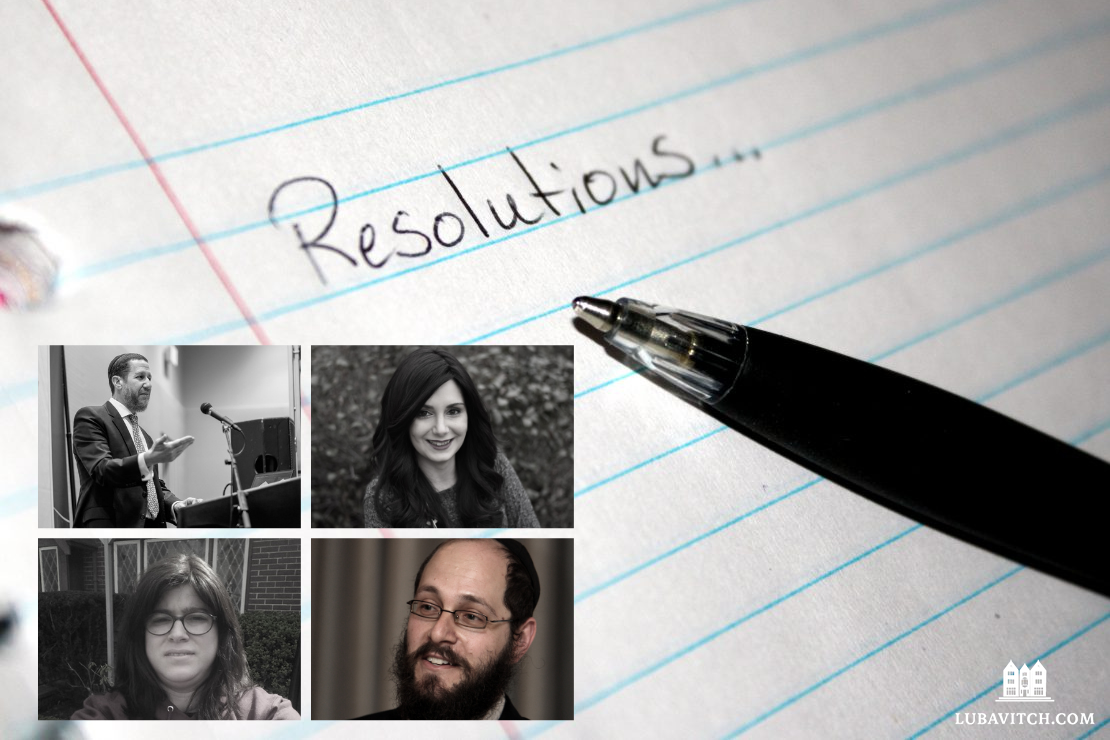
Alan Buchner alanbuchner44@gmail.com
LORD HELP US ALL AND TAKE CARE OF US, G’MAR CHASIMA TOVA!!!!!!
Leah Patiala
This year the Rabbi and his children brought a Sukkos Truck to my apartment complex. It was a pleasure and it was good to see the Rabbi and his children. I am new to the area and am unable to get out due to a problem that I have with a surgery that I had in March of this year. It has been very uplifting whenever the Rabbi and his children come to see me and it and it is truly a blessing.